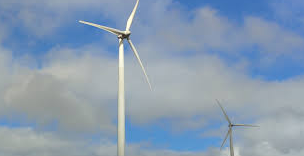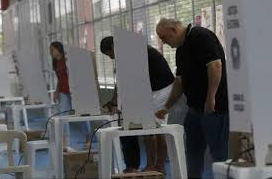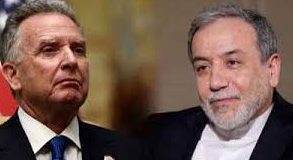Ministers Aim to Limit Revenue from Renewable and Nuclear Energy Providers Linked to High Gas Prices
The UK Government has unveiled a plan to cap the revenues of renewable energy producers, including wind and solar farms, as part of efforts to address soaring energy prices. This new proposal seeks to decouple the high electricity prices, driven by skyrocketing gas costs, from the profits made by electricity producers, particularly those in the renewable and nuclear sectors.
Energy and Business Secretary Jacob Rees-Mogg stated that the price of gas has been the primary determinant of electricity prices, leading to substantial profits for UK wind farms, despite their operational costs remaining relatively stable. As a result, the Government intends to introduce a “cost-plus revenue limit” for energy producers, although details on its implementation are yet to be fully disclosed.
The policy would primarily affect England and Wales, with consultations ongoing about extending it to Scotland and Northern Ireland. A key question remains whether gas-fired power plants and coal generators, who have also benefited from the current market dynamics, will face similar constraints.
The proposal follows the Government’s earlier actions to cap household energy bills, limiting the cost of electricity to 34p per unit and gas to 10.3p per unit. Chancellor Kwasi Kwarteng remarked that these measures would prevent long-term economic harm caused by soaring energy prices, largely triggered by the ongoing conflict in Ukraine.
Opponents of the proposal, including Labour’s Ed Miliband, argue that the Government has reluctantly accepted the need for a windfall tax on energy profits, something they previously opposed. Meanwhile, some renewable energy providers, such as wind farms operating under the Contracts for Difference scheme, already return excess profits to consumers when prices surge.
Industry leaders, however, have expressed concern that the cap could deter future investments in low-carbon energy. Dhara Vyas of Energy UK called the cap “much-needed support” for households and businesses, but warned that it should not undermine long-term investment in renewable energy. Dan McGrail from RenewableUK cautioned that such a cap could favour fossil fuel investments, exacerbating the very energy crisis the policy seeks to resolve.
Keith Anderson from Scottish Power also criticised the proposed policy, calling it “strange” to cap low-carbon energy profits while leaving the gas sector unaffected. He noted that renewable energy providers have been selling power at pre-war prices, thus shielding consumers from some of the cost increases associated with the current crisis.
The introduction of these new rules is part of a broader set of interventions by the Government, which has also been considering restrictions on the construction of solar farms on agricultural land. However, the lack of clarity around the proposed revenue cap has created uncertainty within the energy sector.








